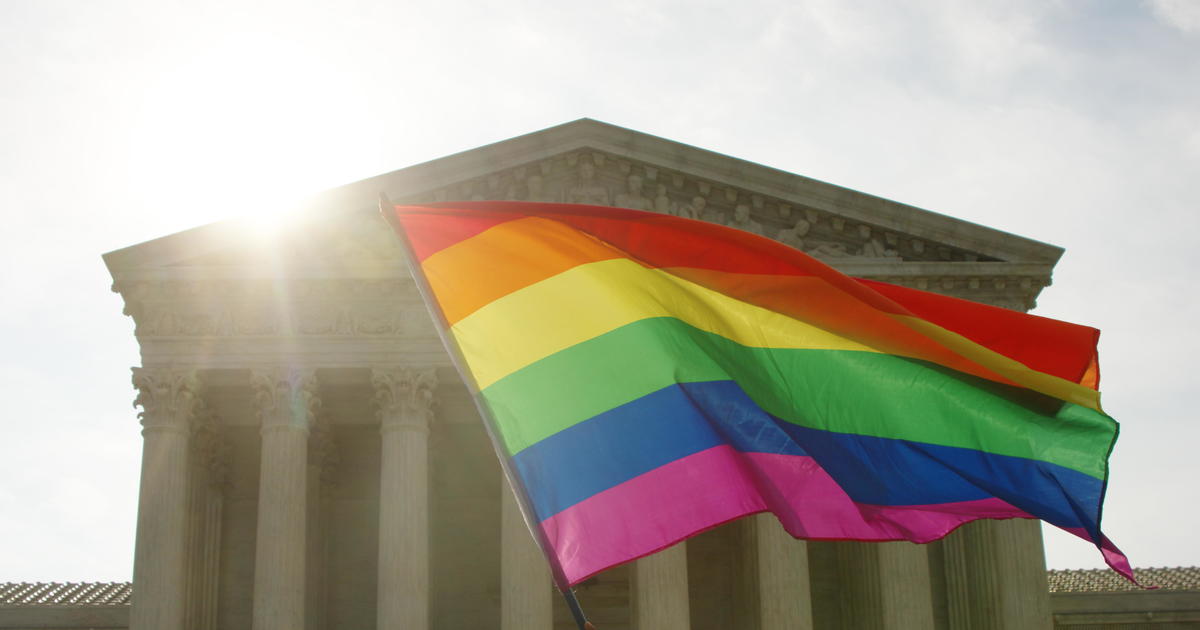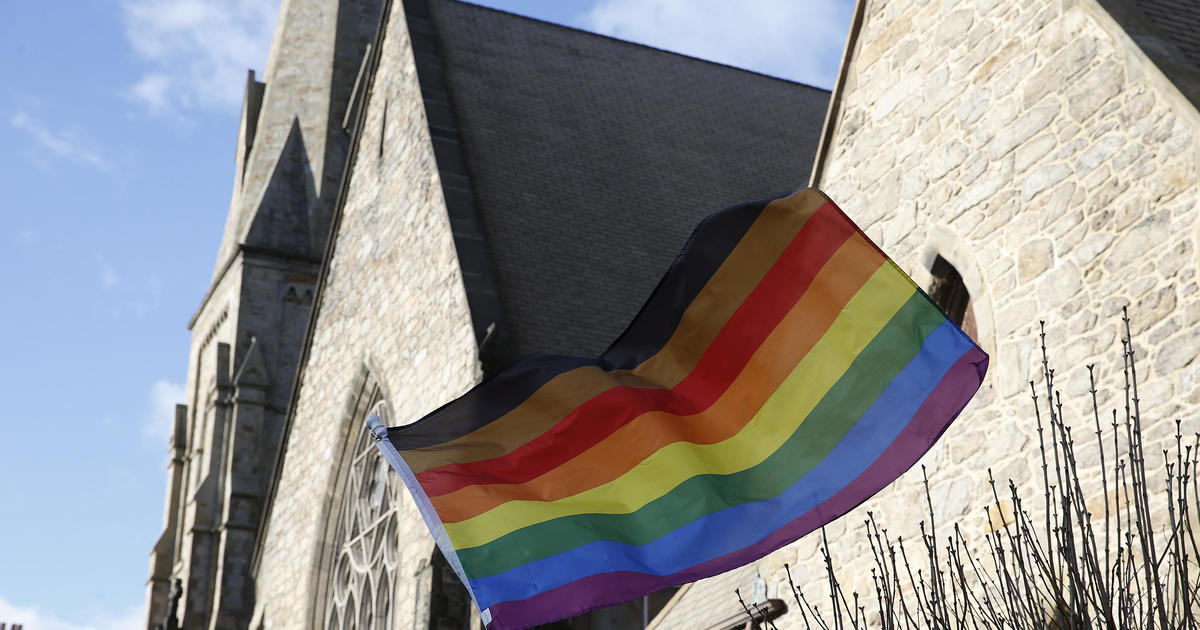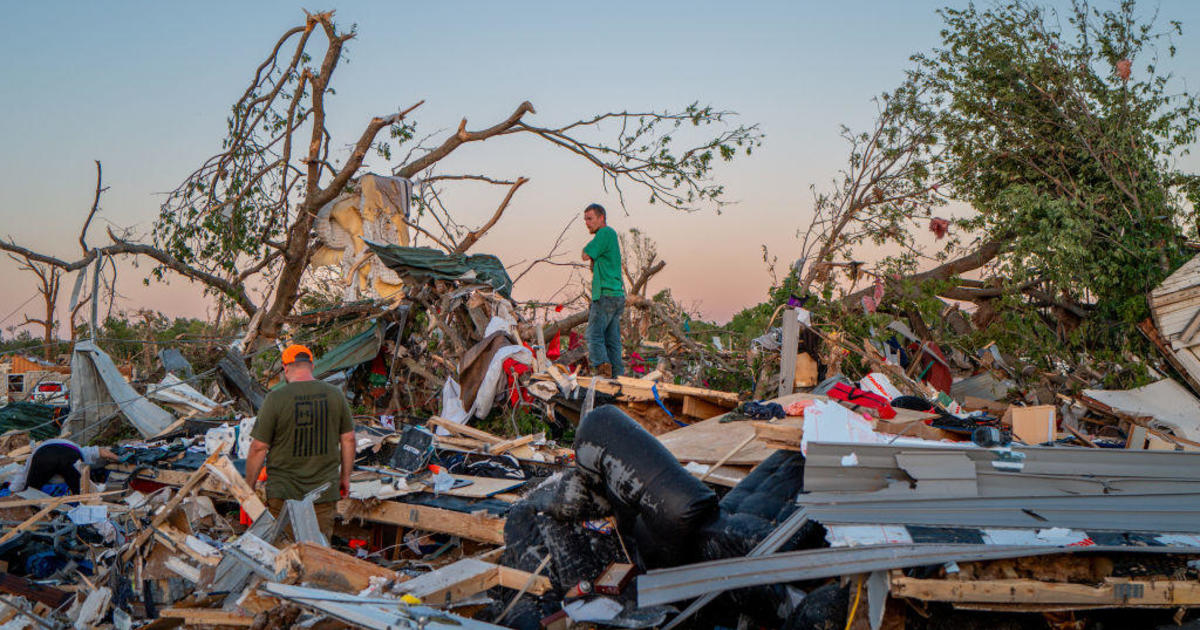Alabama 16th Street Baptist Church bombing: South Florida man reflects on blast that killed 4 girls
BIRMINGHAM -- Sixty years ago on Sept.15, 1963, four little girls lost their lives after a bomb exploded at an Alabama church, and a South Florida man was inside the church on that terrible day.
The deaths of the innocent victims at the 16th Street Baptist Church would become one of the turning points in the Civil Rights Movement, fueling a national movement that would transform the U.S. and the world
Back in 1963, Earl Davis was a 23-year-old recent college graduate. He was not part of the growing fight for civil rights but was in Birmingham because he'd just accepted a teaching job.
That Sunday he went to church to worship, but would become, hours later, a survivor.
Davis, 83, remembers the day well.
"It was too early for me to go down in the basement to do my things that I would normally do," he said. "So I decided to go on the third floor to the male Sunday school class."
Davis says a change in routine prevented him from being in the basement when the bomb that killed four little girls at the 16th Street Baptist church in Birmingham, Alabama went off.
"All of a sudden, there was a big boom," he said.
The events that thrust the then first-year teacher from Louisiana into ground zero of the Civil Rights Movement are moments he will never forget.
He says it's a miracle he wasn't hurt.
"There was a big chandelier right over (the) chair I was in," Davis said. "Moments after I jumped out of my chair and grabbed the wall that chandelier fell down and crushed the chair I was sitting in. Had I hit the floor like the rest of the guys that chandelier would have killed me."
The victims: Denise McNair, Addie Mae Collins, Cynthia Wesley and Carole Robertson died. Sarah Collins was also in the basement with her sister Addie Mae; bit she survived although she was hurt.
A memorial outside the church marks the spot.
Davis, who knew the basement well, helped search for the girls.
"The couch fell and that's when I saw I saw the little girls," he said. "I recognized one of the dresses their mothers told me their daughter had. And I recognize that and that's when I realized that her daughter was in the explosion."
The FBI says four members of the Ku Klux Klan planted the bomb in what they have referred to as "a clear act of racial hatred."
It would take decades for three of the surviving men to be tried and convicted for the crime, with the last one indicted in May 2000.
Davis says this history isn't that old.
CBS News Miami's Tania Francois traveled to the church last month during a trip to Birmingham for a journalism conference.
Across the street from the church sanctuary sits a park and memorial dedicated to the Civil Rights Movement along with a monument to the four little girls.
>>>PHOTOS: Tania Francois trip to 16th Street Baptist Church
For the former music teacher, Davis says events like the bombing is why history needs to be taught.
"You would think that things would be different," he said. "But we still have a long ways to go. We made some progress, a lot of progress. But we have so much further to go."
Mr. Davis left Birmingham the following school year. He soon moved to South Florida and is now retired. He has shared his story with movie producers and has participated in documentaries about the historical event.
He wants to make sure no one forgets what happened to those four innocent children who lost their lives 60 years ago.





